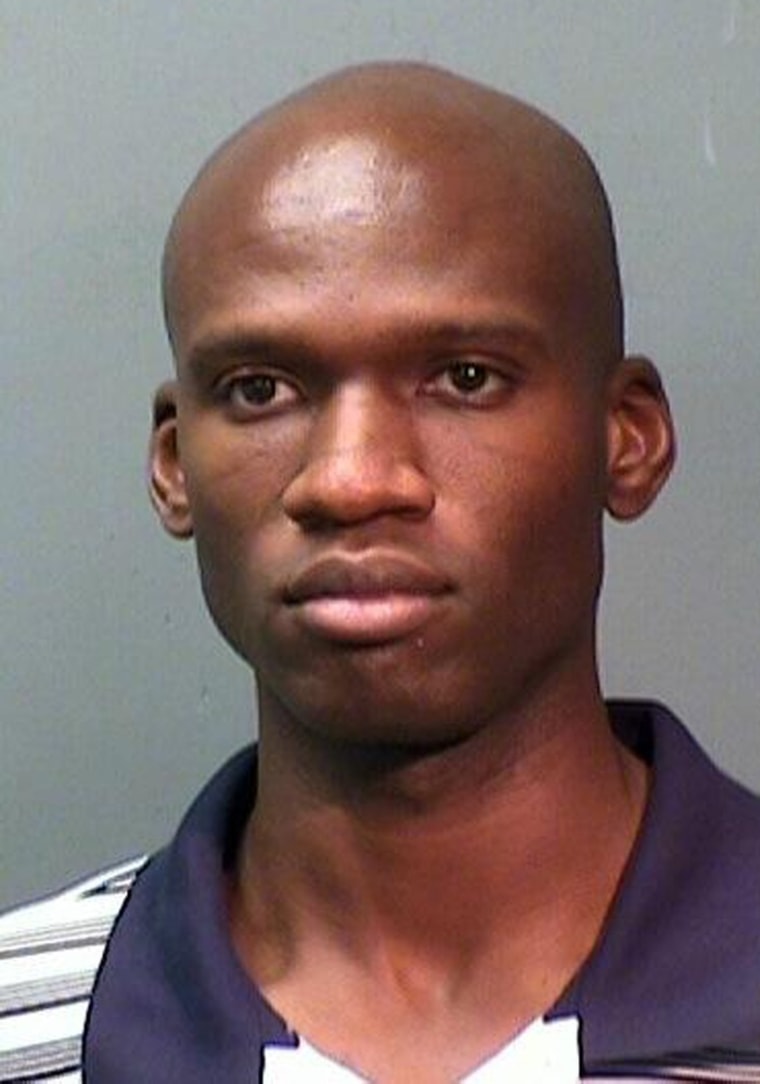Defense Department officials and federal prosecutors are stepping up investigations into suspected abuses in the granting of security clearances in the aftermath of the Washington Navy Yard shooting.
“The entire system is broken,” says Sen. Ron Johnson, D-S.D., who along with Sen. Claire McCaskill, D-Mo., is conducting a Senate probe of the issue.
The outsourcing of classified government work is a big business, a business that so far has resisted critical examination. More than 4.6 million people now have secret or top secret security clearances. The federal government spends $1.2 billion every year on background investigations to determine if those receiving them have sufficient “moral character” and “trustworthiness” to handle sensitive information.
But there are mounting questions about whether the government’s background investigation system is failing to identify those who pose serious security risks. Navy Yard shooter Aaron Alexis, NSA leaker Edward Snowden, and Scott Bennett—a former Booz Allen contractor who was given a top secret clearance despite a fraud conviction and was later arrested in 2008 for stockpiling weapons at MacDill Air Force Base – all passed background checks and had security clearances.
Three out of four background investigations are performed by private contractors. The biggest, USIS -- which vetted Snowden -- is now the subject of a grand jury probe for allegations it pressured employees to conduct fraudulent checks in order to keep up volume.
More than 20 investigators have pleaded guilty or been convicted of falsifying background reports since 2006. In one case, a contractor claimed to have interviewed a person who had been dead for more than a decade.
In addition to the sheer volume of clearances, one obstacle to identifying to identifying problematic individuals is that security clearances are granted for blocks of time. Secret security clearances are good for 10 years and top secret clearances are good for five -- with no ongoing review about whether the individuals receiving them are still suitable to access classified information.
Alexis may be a prime example of the system's shortcomings. He was granted his secret clearance in March 2008 after a background investigation by the federal Office of Personnel Management, despite a 2004 arrest in Seattle for shooting out the tires of a neighbor’s car and telling police he had suffered a “blackout fueled by anger.”
He was then allowed to retain the security clearance right up to the day he killed 12 people at the Navy Yard, despite being discharged from the U.S. Navy for what officials call a “pattern of misconduct,” two more arrests and receiving treatment for mental health problems -- including “hearing voices.”
Before the shooting, Alexis was working for a subcontractor for Hewlett-Packard Enterprises called The Experts, which does work in the Navy Yard complex. A company spokesman said Tuesday that Alexis had passed two background checks — most recently in June — and that the company confirmed twice through the U.S. Defense Department that Alexis had security clearance. "The latest background check and security clearance information ... revealed no issues other than one minor traffic violation."
There was "no unadjudicated derogatory information" on Alexis when he received his secret security clearance in March 2008, a Defense Department official told NBC News.
In an emailed statement, the official said: "According to the Joint Personnel Adjudication System (JPAS), which is the department's management system for security clearance actions, the Office of Personnel and Management (OPM) conducted a National Agency Check with Local Agency Checks and Credit check (NACLC) scope investigation on Mr. Aaron Alexis."
According to the statement, the NACLC was completed in 2007. Then, in March 2008, the Department of Navy Central Adjudication Facility (DONCAF) found Alexis eligible for access to "secret" information.
The statement goes on to say: "According to applicable federal investigative standards, an individual with Mr. Alexis' non-critical level of eligibility would only need to be re-investigated once every 10 years."
More from NBC News Investigations:
